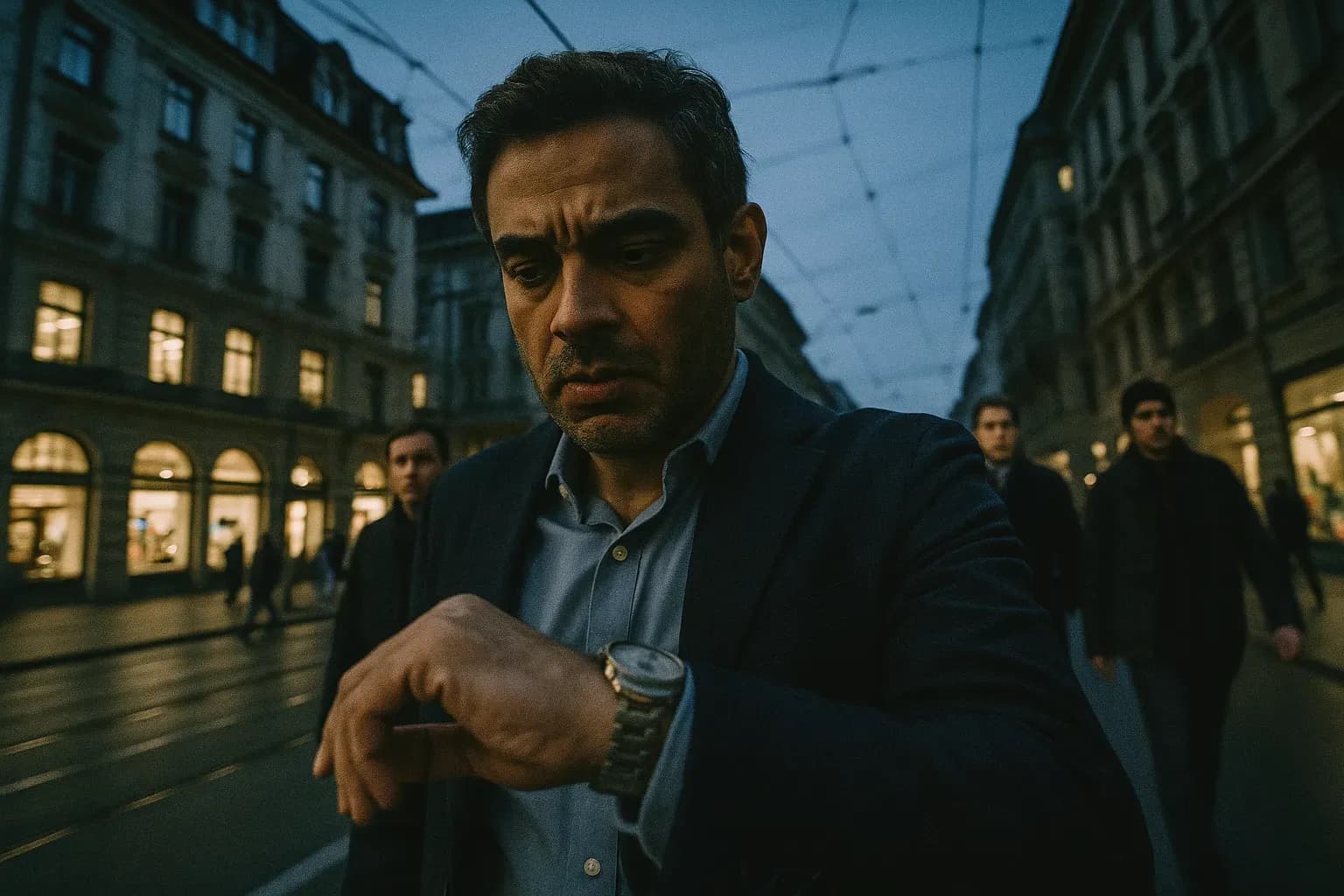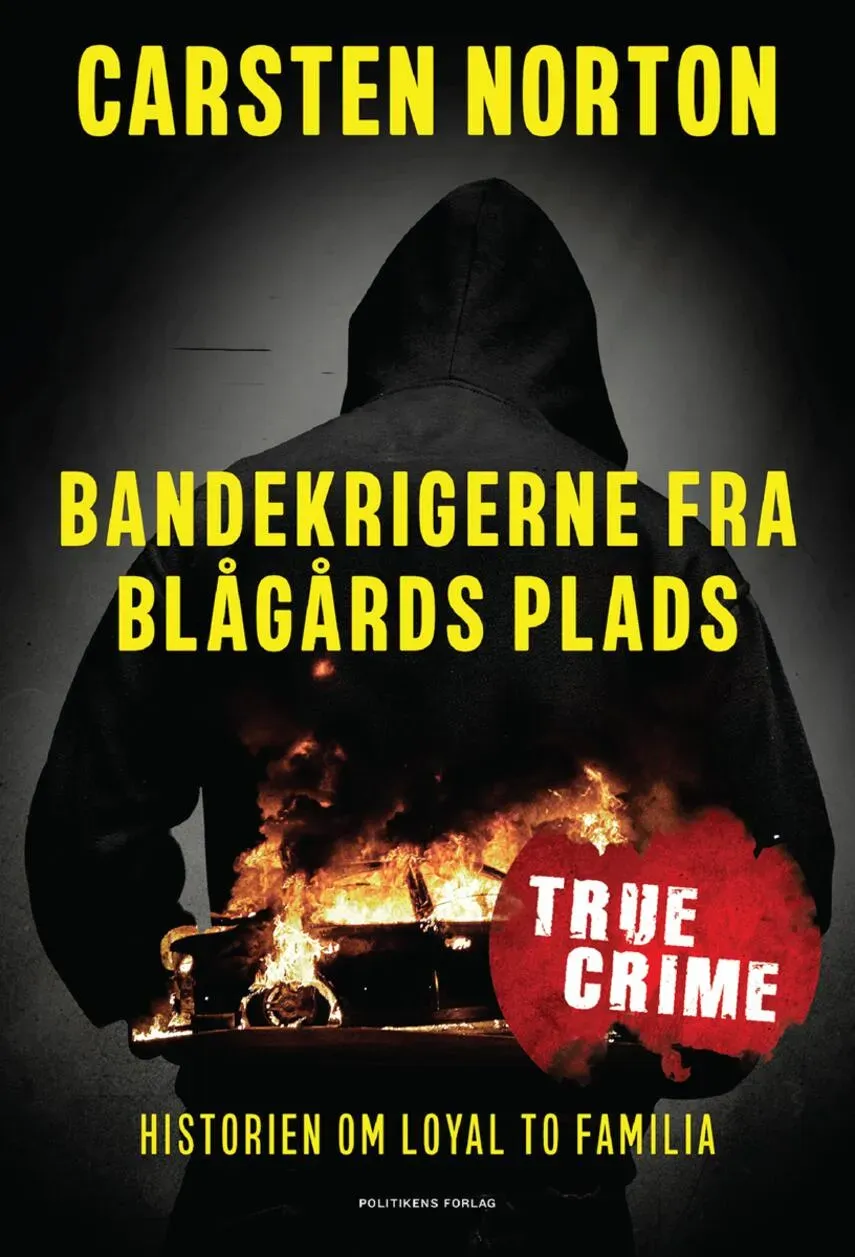
Conspiracy theory
The hidden danger that obscures facts and distorts reality in criminal cases
What is a conspiracy theory in true crime? Understand how secret plots challenge the truth and complicate case investigations.
The hidden danger that obscures facts and distorts reality in criminal cases
When mistrust takes over: Core of conspiracy theories
In true crime, a conspiracy theory refers to an alternative explanation for a crime or a sequence of events that significantly deviates from the official account. At the core of these theories is the assertion of a secret conspiracy, often orchestrated by powerful individuals or groups. Such theories particularly thrive in the aftermath of shocking or seemingly inexplicable events, where they offer a narrative that challenges the authorities' conclusions and are fueled by a fundamental mistrust of established systems.
Online rumors and false leads: Power of conspiracy theories
In criminal cases, conspiracy theories can take many forms. They might identify alternative perpetrators, claim that crucial evidence has been planted or manipulated, or cast doubt on the real motives behind the investigation or prosecution. These narratives often spread rapidly, especially via online platforms, and can significantly influence public opinion. This is evident when the theories generate sympathy for convicted individuals or unfairly cast suspicion on victims and witnesses. Although critical thinking and healthy skepticism towards official explanations are important, conspiracy theories differ in that they often base their claims of a hidden plot on selective information, unsubstantiated assumptions, or outright misinformation.
The dangerous result: Conspiracy theories impede justice
The challenge with conspiracy theories in the context of true crime is their potential to obscure the picture of actual events and thereby complicate the path to justice. They can prolong the pain for relatives by perpetuating uncertainty or false hope, especially in connection with an unsolved case where many questions already remain unanswered. In some cases, the theories can even be actively used to cover up the actual crime or divert attention from the real culprits. The ability to navigate between legitimate skepticism and baseless conspiracy theories is therefore crucial for understanding many complex criminal cases and their often prolonged aftermath.
Explore cases where doubt lingers and alternative explanations spread. Delve into real-life cases involving conspiracy theories – find our intriguing cases below.
Posts Tagged “Conspiracy theory”
39 postsShowing first 20 of 39 posts. Use search or filters to find more.




.webp&w=3840&q=75)














